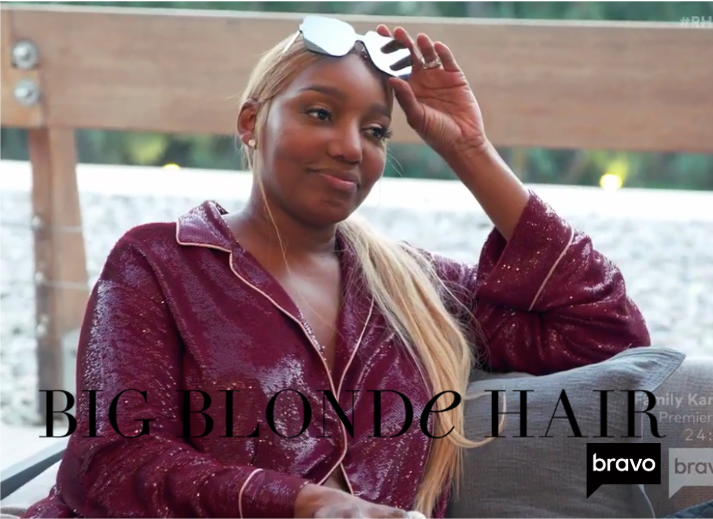
“Who do I leave my belongings to?” is one of the most common questions amongst those who are childless, who are estranged from their children for some reason, or whose children live on the other side of the world.
Bethany, aged 70, has never had children, never wanted them, and is living alone, having done so happily for many years.
Lately, though, she has been concerned with this. She has already appointed her lawyer as the executor of her will, but looking around her house recently, she was fairly overwhelmed with the thought of what would happen to all her precious things.
Stuff like a favourite painting, probably not worth much monetarily, but of deep personal importance to her. Or her childhood teddy bear, lovingly kept all these years, and for whom she still has a deep fondness. Or the beautiful plate on the wall, which her aunt had left to her before she died, and which is one of the few connections she has left with her family of origin.
So, What Do You Do If You Find Yourself in This Situation?
After you’ve died, there is a lot of work for an executor to do, and if you have appointed a professional, then if you haven’t left any instructions about what should happen to your belongings, it is quite likely that a house clearance firm will be appointed, and the physical evidence of your life will all go into a skip or dumpster, and then landfill.
Is That Really What You Want?
If not, then you need to have thought through what you want to have happen well before you reach the end of your life. So, here are a few tips:
Start Decluttering
Also known as ‘death cleaning’ when done towards the twilight of your life, decluttering may mean giving things away to friends or organisations. You could also sell some belongings and spend the money on experiences instead of stuff. Then, for every new item you buy, release at least three old ones.
Appoint a Liaison Person
Identify one or more younger people who might be willing to liaise with your executor to distribute what’s left after you’ve gone. Discuss with your lawyer and make it official.
Then make it easy for this person by doing #1!
This also applies if you have legal representatives who are out of town, and you need a local liaison person.
Sort Through Your Collections
When it comes to photos, creative projects and the like, decide to keep just 1-3 of anything to reduce the overall amount. For instance, do you really need 20 photos of that wonderful holiday? Perhaps 3 will do.
With your craft projects, can you find a local group that would be delighted to have your collection donated to them? Wondering what to do with your collection of china teapots? Start now to have it valued, include it in your will, identify an organisation that would really appreciate it. Or sell them now and leave the money to one of your favourite charities.
Actively Start Making Friends with Younger People
This may sound a bit deliberate, but the fact is, you don’t want to be the last one standing amongst your friends. So, building a sense of community where people look out for each other (and this needs to be locally based, not online) is important.
What’s more, it can be fun. Perhaps you can become a substitute granny to a family who don’t have one nearby – it can be very rewarding. And as a bonus, you may discover someone who would love to receive some of your belongings after you’ve gone.
It’s all in the planning, and planning when you don’t have children is arguably even more important than when you do. So if you’ve noticed you’re thinking ‘who do I leave my belongings to?’ more often, then that’s the answer – get planning!
Do you have family to leave your stuff to, or are you on your own? What could you do today to start planning where your belongings will go after you’ve moved on? What kind of things do you need to take care of?





